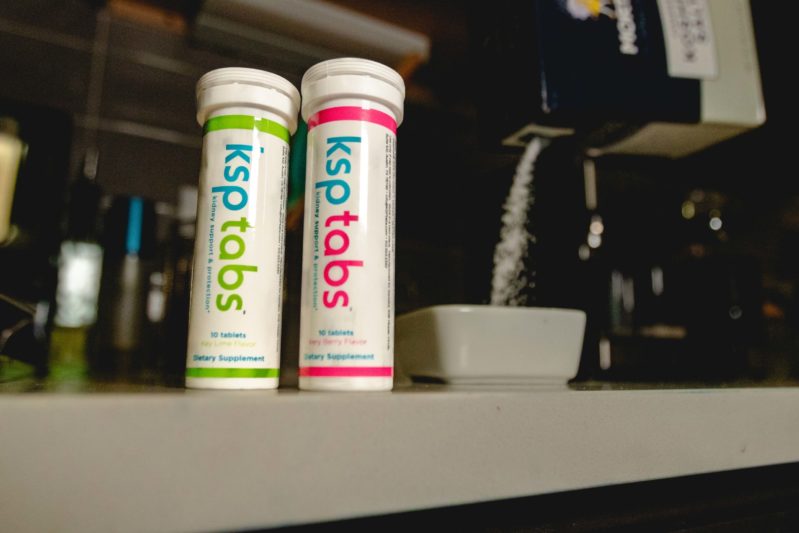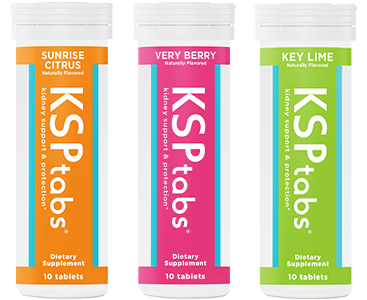
If you have a history or family history of kidney stones, you may have been told to try to lower the sodium content in your diet! When reading the nutrition facts on your favorite products, you may notice that sodium is an ingredient on the label most of time. Limiting sodium is not an easy task! It is helpful to realize that there are 2 different kinds of sodium in our food products and one is better than other if you are a kidney stone former!
Why should I limit my sodium intake?
If you have a history of kidney stones, you should be aware of the sodium chloride (aka table salt) you are consuming. Adding a little table salt to your food is not the biggest issue, though. Processed foods such as fast food, canned foods, and condiments are where you can find high levels of sodium. These are the things you should be aware of when choosing your diet. It is best to eat whole foods while also being mindful of high-oxalate foods. Oxalates are found in foods such as spinach, kale, peanuts, and chocolate. Oxalates attach to calcium in your urine by forming crystals that will eventually form kidney stones. However, proper hydration can prevent this process.
Sodium Chloride vs Sodium Bicarbonate?
The truth is, sodium comes in different forms, and they serve different purposes. The main two types of sodium we use in the kitchen are table salt and sodium bicarbonate. You may notice that sodium is found in KSPtabs as sodium bicarb. This may confuse you because, as most people know, consuming high levels of sodium can cause kidney stones to form. We are here to help you understand the difference between the two!
What is the difference?
While both table salt and sodium bicarbonate contain sodium, one of their differences is the substances bound together with the sodium. They also perform different jobs in the body. A component of table salt helps form stomach acid, while sodium bicarbonate neutralizes that same acid. Table salt contains sodium and chloride, so its chemical name is sodium chloride. Sodium bicarbonate is also known as baking soda. Its sodium is attached to bicarbonate made from molecules of hydrogen, carbon, and oxygen.
How does Sodium Bicarb help with kidney stones?
Most kidney stone formers have acidic urine. Acidic urine usually happens when you aren’t drinking enough water and consume soda, high-protein foods, and sugary foods. This makes an ideal environment for kidney stone formation. However, sodium bicarbonate naturally alkalinizes the urine, which makes it more neutral. It has an alkaline pH of 8.4 and can, therefore, raise your blood pH slightly. Alkalinization is one of the reasons why we chose to add sodium bicarb to our product. Sodium bicarb also creates the effervescence of the tab that allows it to dissolve in your water and mix up without having to stir or shake.
Where do KSPtabs come in?
Along with sodium bicarbonate, KSPtabs has many other ingredients that aid in the prevention of kidney stones. These kidney stone inhibitors will not only alkalinize your urine, but they will attach to oxalate and calcium before reaching your kidneys. Unsure of what is causing your kidney stones? We highly recommend a 24-hour urine test. This will break down what is causing your kidney stones which will make it easier for you to prevent them. Next time you go to the urologist, ask him or her about this test. Make sure he or she goes over the results of this test with you to come up with a prevention strategy.
Let us keep tabs on your kidneys! Shop here.

